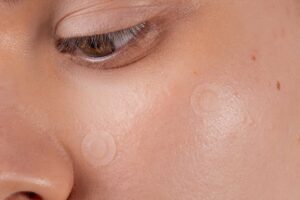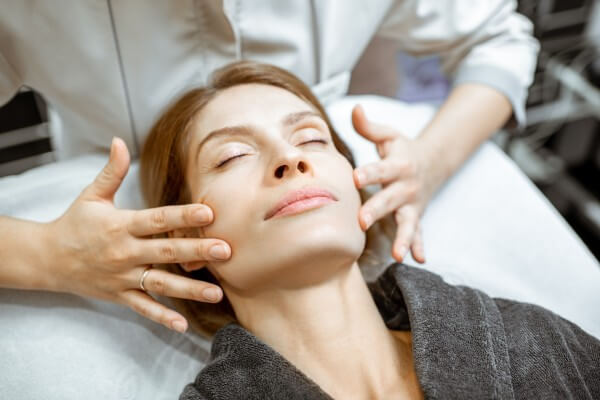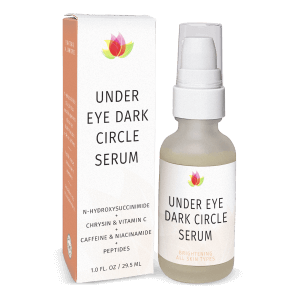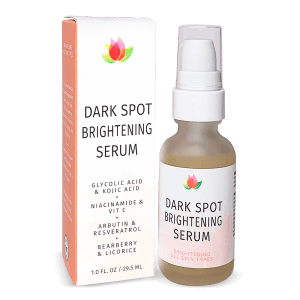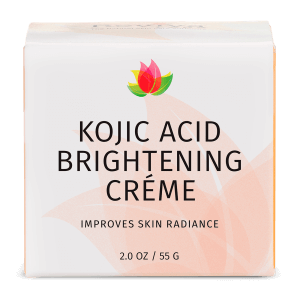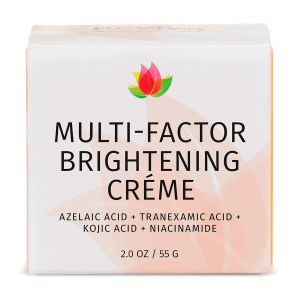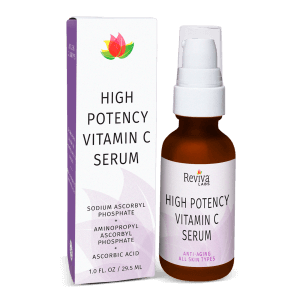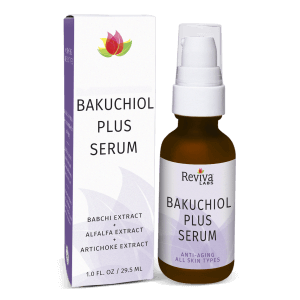Clean Beauty, Ingredients, Natural, Skin Care
Which Ingredients Brighten Dark Spots Fastest?
Dark spots, also known as hyperpigmentation, can be a frustrating skin concern to deal with. Whether they are caused by acne, sun exposure, or inflammation, finding the right ingredients to fade these spots is essential. Let’s take a look at the ingredients that have been proven to effectively lighten dark spots – fast.
Understanding Hyperpigmentation
Hyperpigmentation occurs when the skin produces an excess amount of melanin, the pigment responsible for giving our skin, hair, and eyes their color. This excess melanin leads to the formation of dark spots or patches on the skin. Post-inflammatory hyperpigmentation (PIH) is a common form of hyperpigmentation that occurs after inflammation or trauma to the skin, such as acne breakouts, bug bites, or injuries. There are several factors that can trigger hyperpigmentation, including:
Acne or skin conditions
Inflammatory skin conditions like acne, eczema, or psoriasis can lead to the formation of dark spots as the skin heals.
Skin injuries
Wounds caused by insect bites, cuts, burns, or other injuries can leave behind dark spots as the skin heals.
Hormonal changes
Hormonal fluctuations, such as those that occur during pregnancy, can trigger hyperpigmentation.
The Best Ingredients
Vitamin C
Vitamin C is a powerful antioxidant known for its brightening properties. It inhibits melanin production and repairs cellular damage, making it an excellent ingredient for fading dark spots. Look for products that contain L-ascorbic acid, the most stable and effective form of vitamin C. Serums with a high concentration of vitamin C are usually more effective than creams or lotions. Start with a low concentration (around 10%) if you have sensitive skin and do a patch test before applying it all over your face.
Hydroquinone
Hydroquinone is a topical skin lightening ingredient commonly used to treat hyperpigmentation conditions such as melasma and post-inflammatory hyperpigmentation caused by acne. It interferes with melanin production, reducing the appearance of dark spots. Hydroquinone can be found over the counter in 2% formulations or as a prescription in 4% formulations. It’s important to use hydroquinone under the guidance of a dermatologist, as prolonged use can have adverse effects on the skin.
Niacinamide
Niacinamide is a versatile skincare ingredient known for its multiple benefits. In addition to regulating sebum production and improving the skin’s moisture barrier, niacinamide has been found to reduce the appearance of dark spots. Studies have shown that it can inhibit melanin production and improve skin texture. Niacinamide is suitable for all skin types, including sensitive skin, making it a great option for those who may not tolerate other ingredients well.
Licorice extract
Rich in antioxidants, licorice extract helps reduce oxidative stress and lighten dark spots.
Alpha-hydroxy acids (AHAs)
AHAs (Alpha Hydroxy Acid), such as glycolic acid, exfoliate the skin and reveal a brighter complexion by removing the outermost layer of dead skin cells. Lactic acid and mandelic acid are gentler alternatives for sensitive skin. Polyhydroxy acids (PHAs) are also effective for exfoliation and reversing sun damage.
Retinol
A derivative of Vitamin A, retinol stimulates cell turnover, diminishes the appearance of fine lines, and helps brighten the complexion.
Ginseng
Ginseng has been found to inhibit melanin synthesis, making it an effective ingredient for fading dark spots.
Developing an Effective Skincare Routine
To effectively fade dark spots, it’s important to incorporate these ingredients into a comprehensive skincare routine. Here’s a suggested skincare routine for treating hyperpigmentation:
Cleanse: Start with a gentle cleanser to remove impurities and prepare the skin for treatment.
Tone: Use a toner to balance the skin’s pH levels and enhance the absorption of subsequent products.
Treat: Apply a serum or treatment containing the desired ingredients, such as vitamin C, hydroquinone, or niacinamide.
Moisturize: Hydrate the skin with a moisturizer that suits your skin type to maintain a healthy moisture barrier.
Protect: Apply a broad-spectrum sunscreen with at least SPF 30 every day to protect the skin from further sun damage.
Remember, consistency is key when treating hyperpigmentation. Results may take time, so be patient and diligent with your skincare routine.





